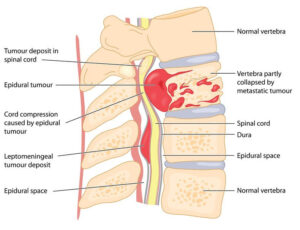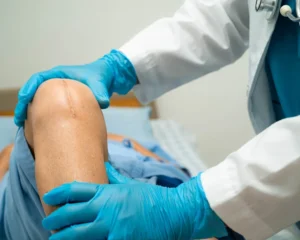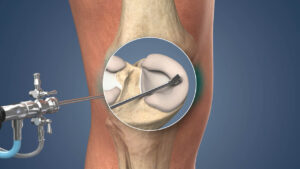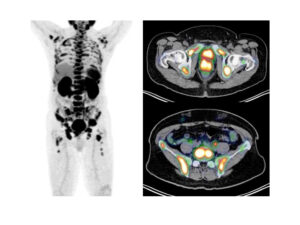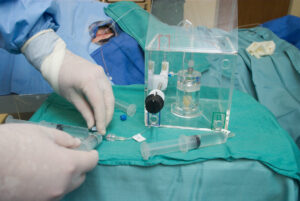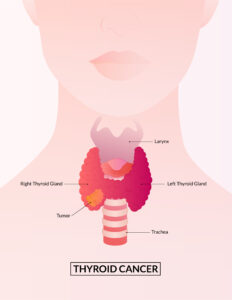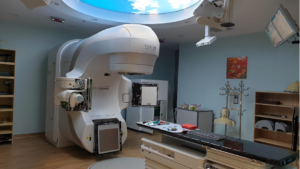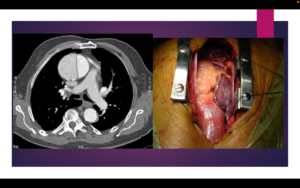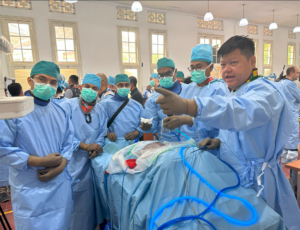What is cancer? In simple terms, cancer happens when our body’s cells grow uncontrollably. In some cases, they may even metastasize or spread to other parts of the body. So, it is always important to get our health checked regularly. Learn more about normal vs. abnormal cell development in the stomach from this infographic!
Stomach cancer is the cause of 800,000 deaths annually worldwide. It is the 7th most prevalent cancer in men and the 9th most common cancer in women in Singapore. An average of 500 people were diagnosed with stomach cancer, with approximately 300 deaths annually in the past 50 years in our country.
Stomach Cancer is curable if diagnosed at an early stage. If the cancer is diagnosed and treated before it has spread outside the stomach, the 5-year survival rate is 70%. So, early detection of stomach cancer is important.
Gastric cancer is treatable if diagnosed early. However, it is always linked with a poor prognosis due to late detection. The main reason stomach cancer is commonly detected late is because it is not noticeable right away. Black stools, a sign of bleeding in the stomach, are a less common indication of stomach cancer, which usually only appear in the later stages.
Gastrointestinal Stromal Tumours (GIST) is a rare type of tumour that is commonly found in adults. It can be tough to diagnose GIST as it shares similar symptoms as other gastrointestinal problems, such as abdominal pain, growth or pain in the abdominal area, fatigue, nausea or abnormal weight loss.
If there is a history of stomach cancer in your family, it would be prudent to have regular health screening; as members are at a higher risk. Knowing your family health history is useful to identify diseases and conditions that may run in the family, especially if it is genetically linked.
If you or your dear ones have been diagnosed with stomach cancer, make an appointment with us at Surgicare. Our Lead Surgeon, Dr Tan Chun Hai, is fellowship-trained in Laparoscopic Stomach Cancer Surgery. He will be ready to advise you on the next best steps.
Infographic release – courtesy of Surgicare Bariatric & General Surgery







